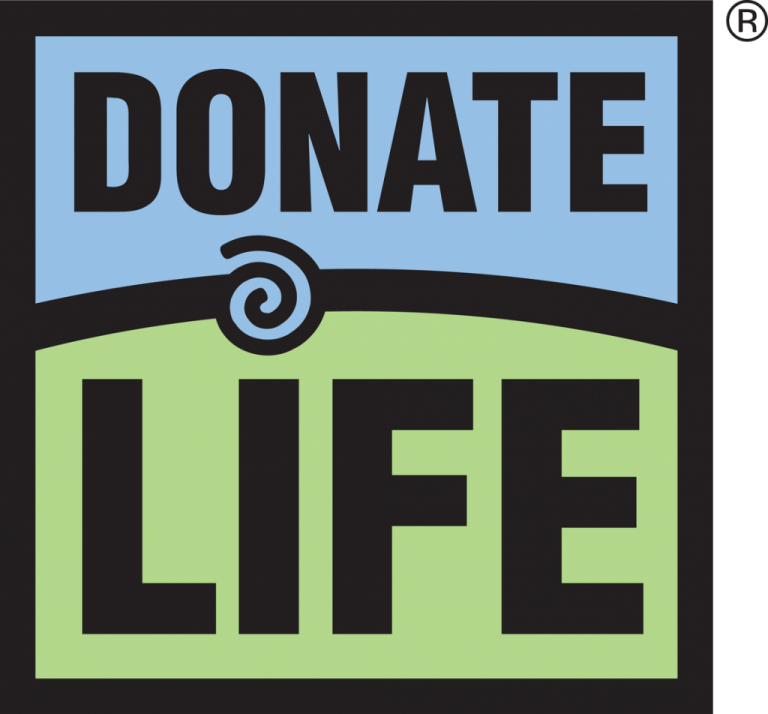By Rae Hodge
NKyTribune Frankfort reporter
Northern Kentucky legislators, many on the front lines of the state’s heroin epidemic, are carrying armloads of bills into the 2015 session aimed at fighting the battle happening in their backyard.
There’s a lot at stake in Northern Kentucky: Boone, Kenton, and Campbell counties alone account for 60 percent of heroin-related prosecutions in Kentucky, while the high schoolers in KNy are using heroin at double the national average.
With so much pressure on the upper region to take action against heroin and the traffickers bringing it into the state, it is likely that more bills will be introduced before mid-March filing deadlines. So far, the proposed bills up for debate in the next two months are as follows.
Senate side
Mark Twain once said, “Put all your eggs in one basket and then watch that basket.”
The Republican-led state Senate seems to be guarding the basket of Senate Bill 5, from Sen. Chris McDaniel, of Taylor Mill. It’s an enormous bill that’s likely to receive some amendments as it works its way through the legislature.
The bulk of it is near-identical to last year’s SB 6, but its critics say that it doesn’t suffer some of the same tangles as last year’s bill. SB 5 would make a small amount of heroin qualify as drug trafficking, then it would require traffickers to serve mandatory minimum sentences as Class C felons (usually housed in state prisons). The bill would put $7.6 million into county jails for substance abuse treatment, and $5.8 million into mental health agencies for the same. It provides for first-responders to carry Naloxone, the anti-overdose medicine.
The bill also provides that if a Good Samaritan happens into an over-dosing drug addict and calls for medical help, that person may be eligible for prosecution. Likewise, some of the language indicates that if a heroin addict gets pregnant and suffers a miscarriage, she could be locked up for a minimum of two and a half years in a state prison.
SB 12, offered by Sen. John Schickel, R-Union, is smaller and hasn’t got any co-sponsors yet, but it’s also in the basket. It would also impose mandatory minimum sentences on drug convicts, and also elevate heroin trafficking to a Class C felony offense.
House side
In the state House, conventional wisdom about eggs and baskets prevails: several bills are all seeking to address different parts of the state’s heroin problem. While House Speaker Greg Stumbo has told the press recently that the House will be offering its own battleship-of-a-bill, myriad House measures are still competing for the support of the chamber.
Rep. Diane St. Onge represents parts of Boone and Kenton County. The Lakeside Park Republican is sponsoring HB 50, the largest of the House bills, is being carried through the session by Rep. Addia Wuchner, R-Florence. Rep. Joseph Fischer, the Campbell county Republican from Ft. Thomas has also signed on as a co-sponsor. While HB 50 takes its cues from SB 5, it includes “safe harbor” provisions for pregnant addicts and makes them a priority for state-funded treatment. It does, however, include the major sticking point that sank the 2013 anti-heroin bill: it would consider a drug-dealer a Class A felon (a status normally reserved for murder) if the person who bought heroin died of an overdose.
Rep. Dennis Keene, D-Wilder, has filed HB 53 which includes a similar sticking point: if a heroin addict overdoses, a dealer many steps up the distribution chain could be charged with homicide. Keene supports an optional local needle exchange program, and allows for family members to check “incapacitated” addicts into treatment centers. HB 53 also contains three provisions about pregnant addicts: on one hand if a pregnant addict miscarries then a “fetal homicide” provision could have her serving a mandatory minimum sentence, on the other hand a “safe harbor” provision and a “parental rights” provision would guarantee that a pregnant addict seeking treatment wouldn’t be imprisoned, nor have her child taken away. A large chunk of the bill is also devoted to getting the Cabinet for Health & Family Services involved in education, treatment, and research. Like the other bills, Keene supports equipping first responders with Naloxone.
Rep. Mike Denham’s territory covers a chunk of Bracken County, though the Democrat hails from Maysville. He wants HB 112 to prevent any Good Samaritans from being prosecuted if they call in an overdose, set up a safe harbor for pregnant heroin addicts to get safe treatment, and crack down hard on high-level heroin traffickers (people caught with 120 doses or more) with mandatory minimum sentences. He also wants to call on the Cabinet for Health and Family Services to pitch in by studying treatment and suggesting legislation.
Finally, there’s HB 41. It’s the treatment-focused proposal from Rep. Tom Burch, the Louisville Democrat who chairs the House Health and Welfare Committee. Althoug Burch isn’t from the northern region, it’s worth noting that HB 41 is almost wholly opposite of SB 5. It is against putting addicts in prison. He supports expanding Naloxone to first responders, getting pregnant addicts treatment without putting them in prison, protecting Good Samaritans from prosecution, and Medicaid coverage of substance abuse treatment. His bill is also heavy on education: he wants university teams, medical programs, and law enforcement officers to receive training on heroin.
Rae Hodge covers state government for the NKy Tribune.

















